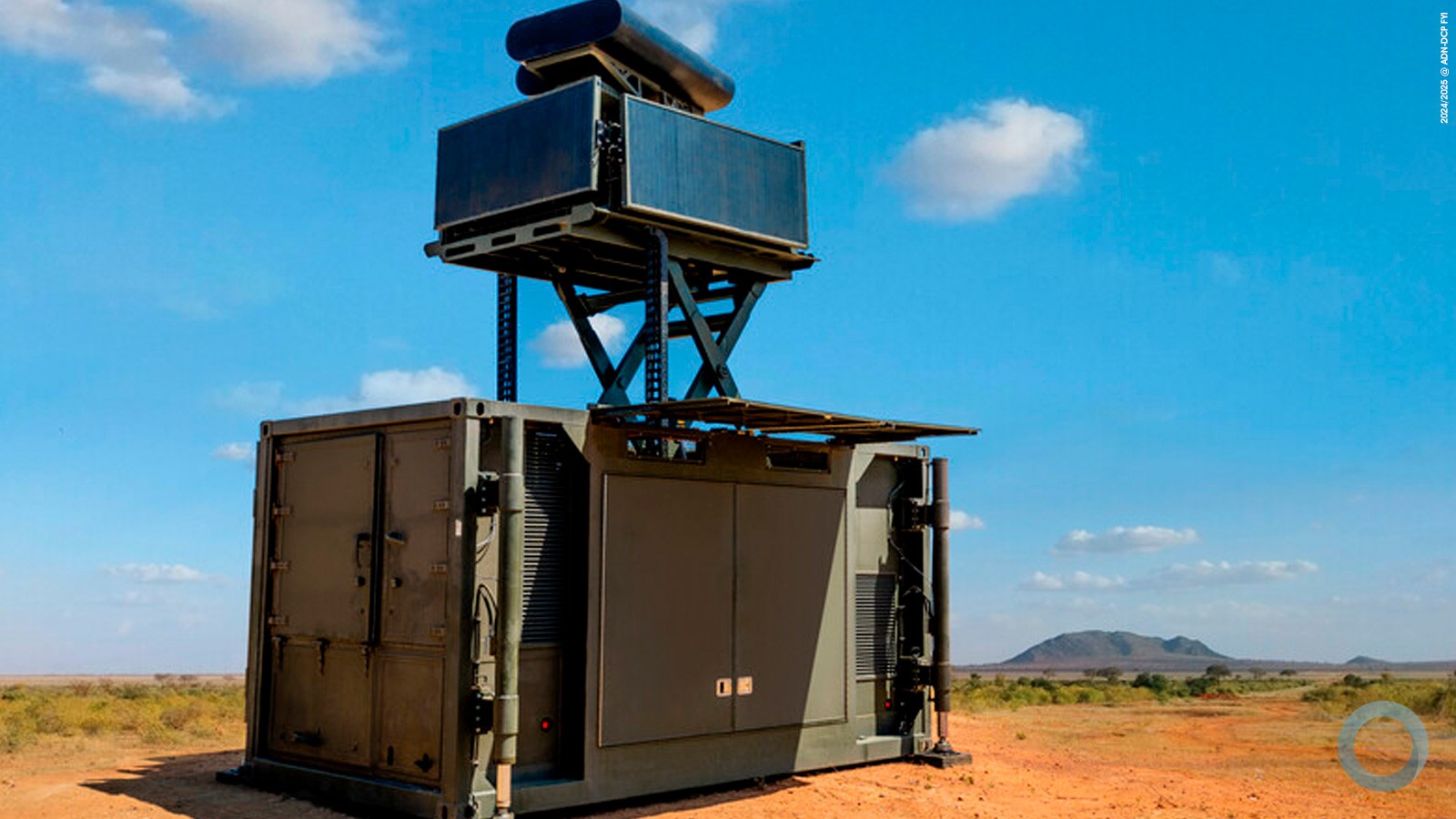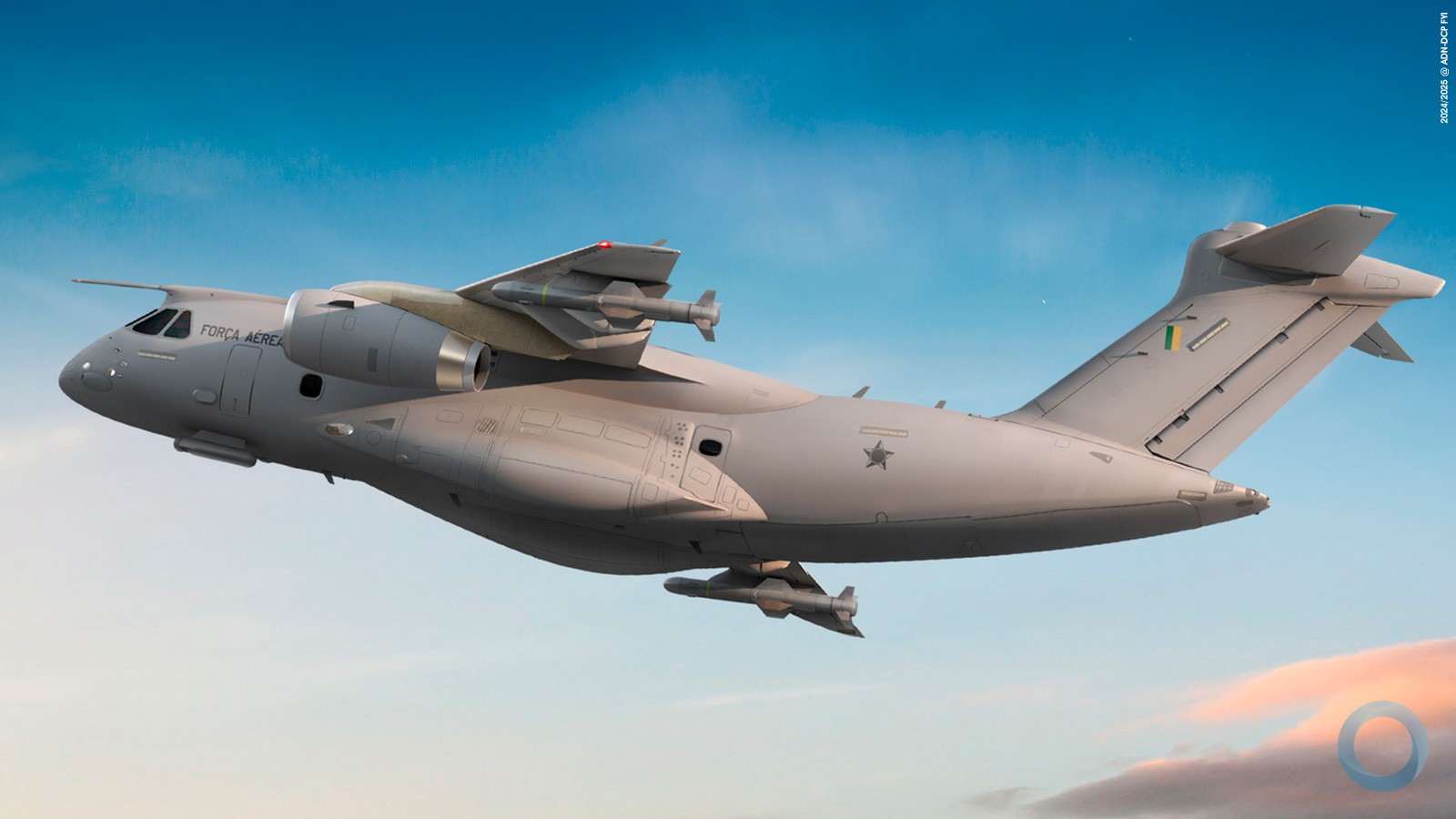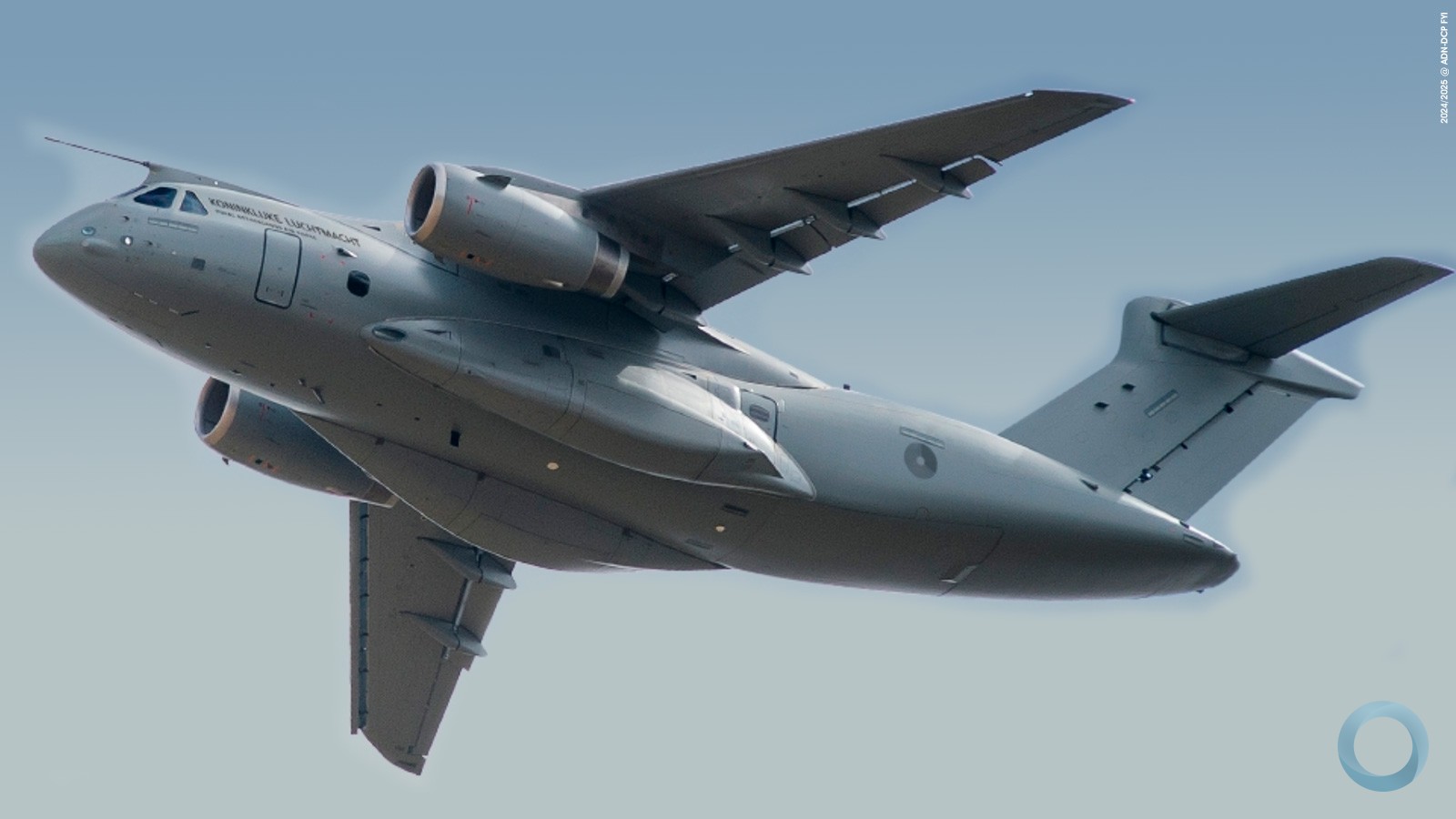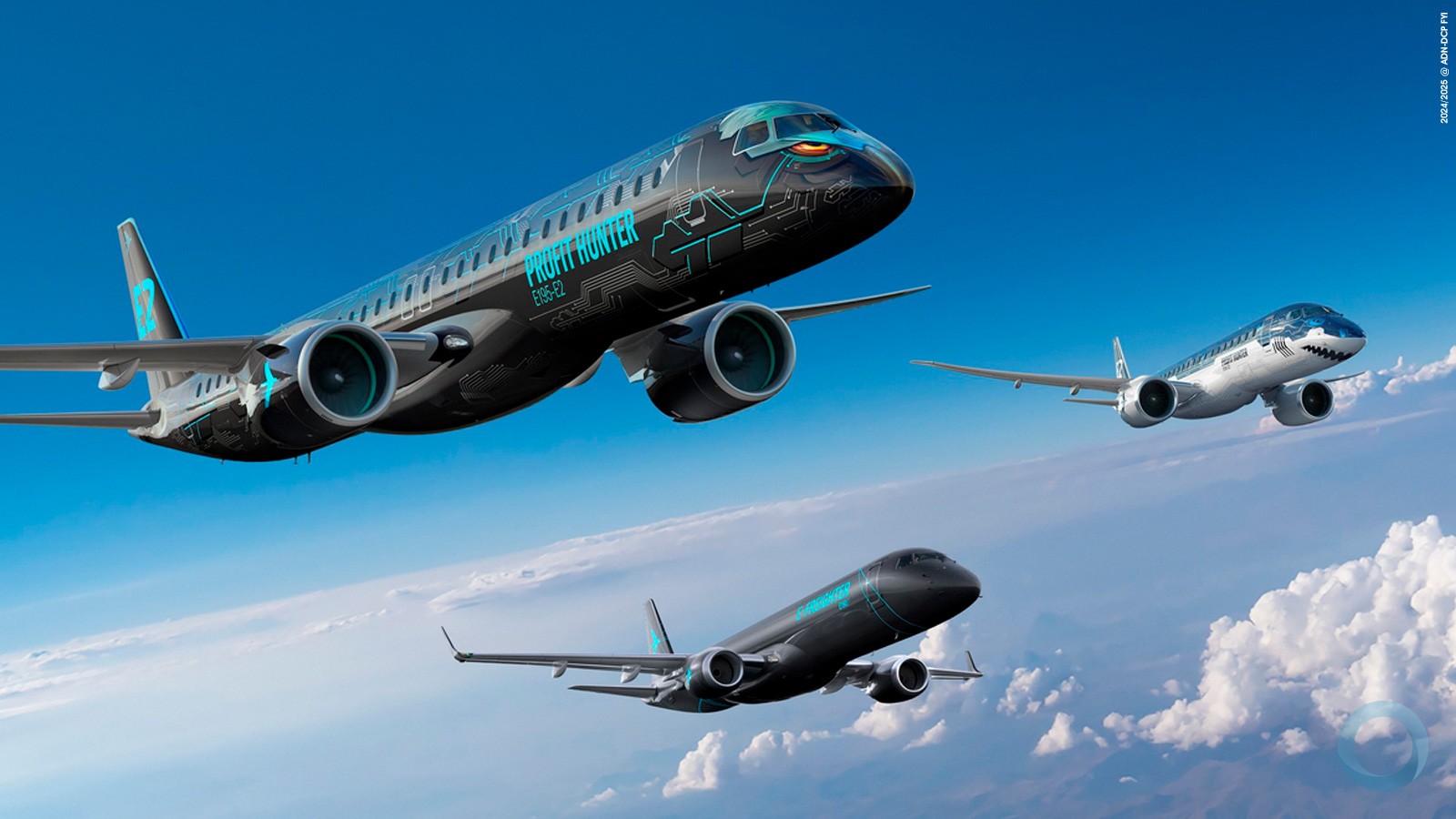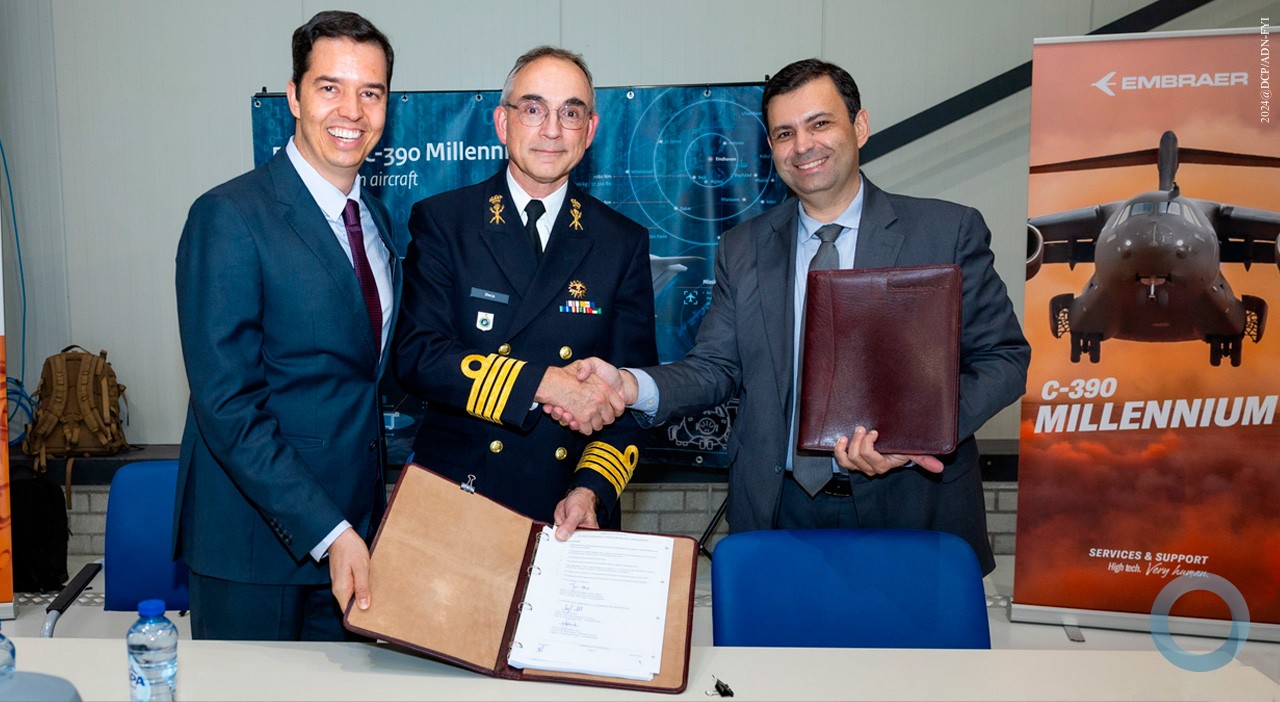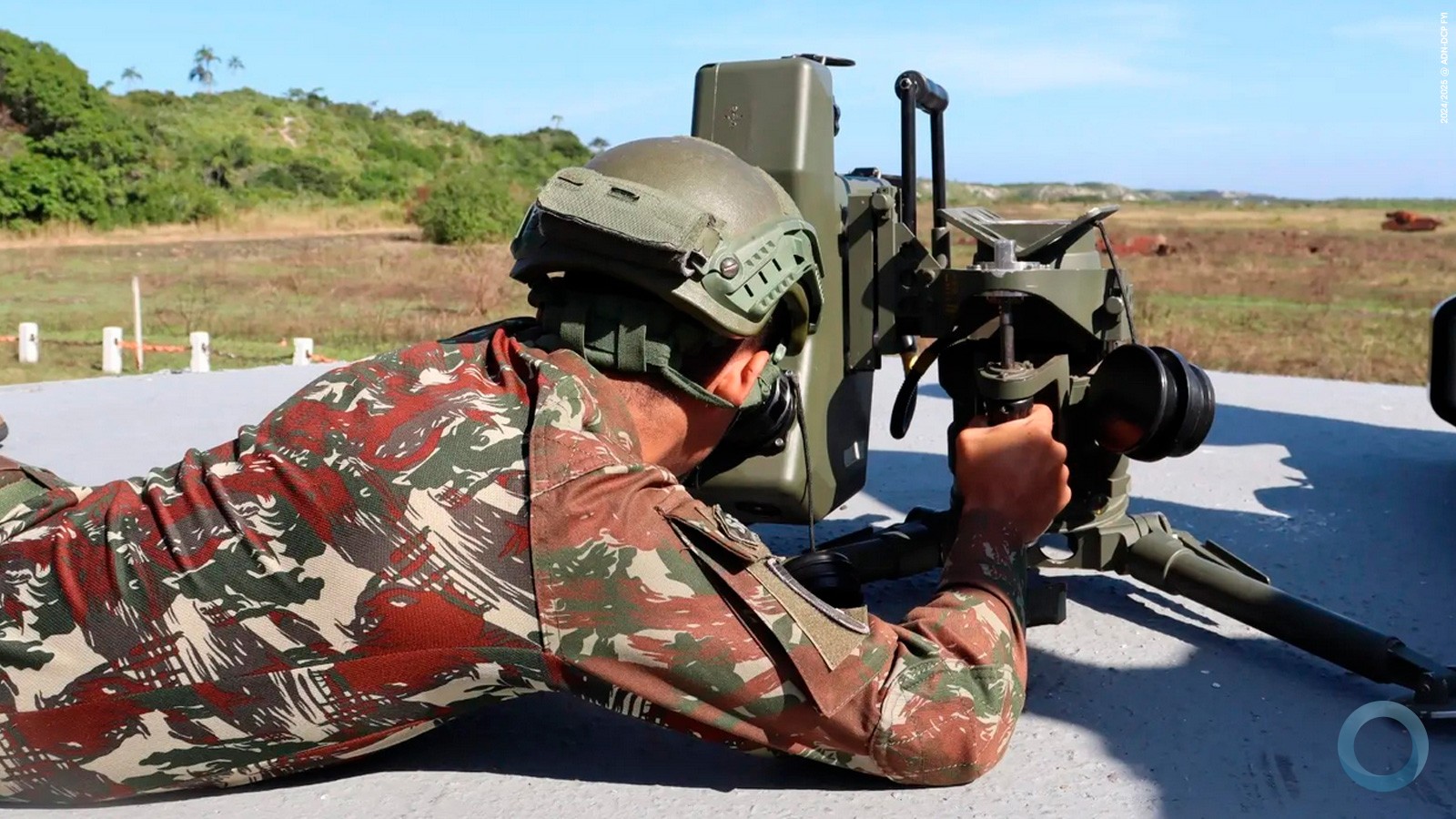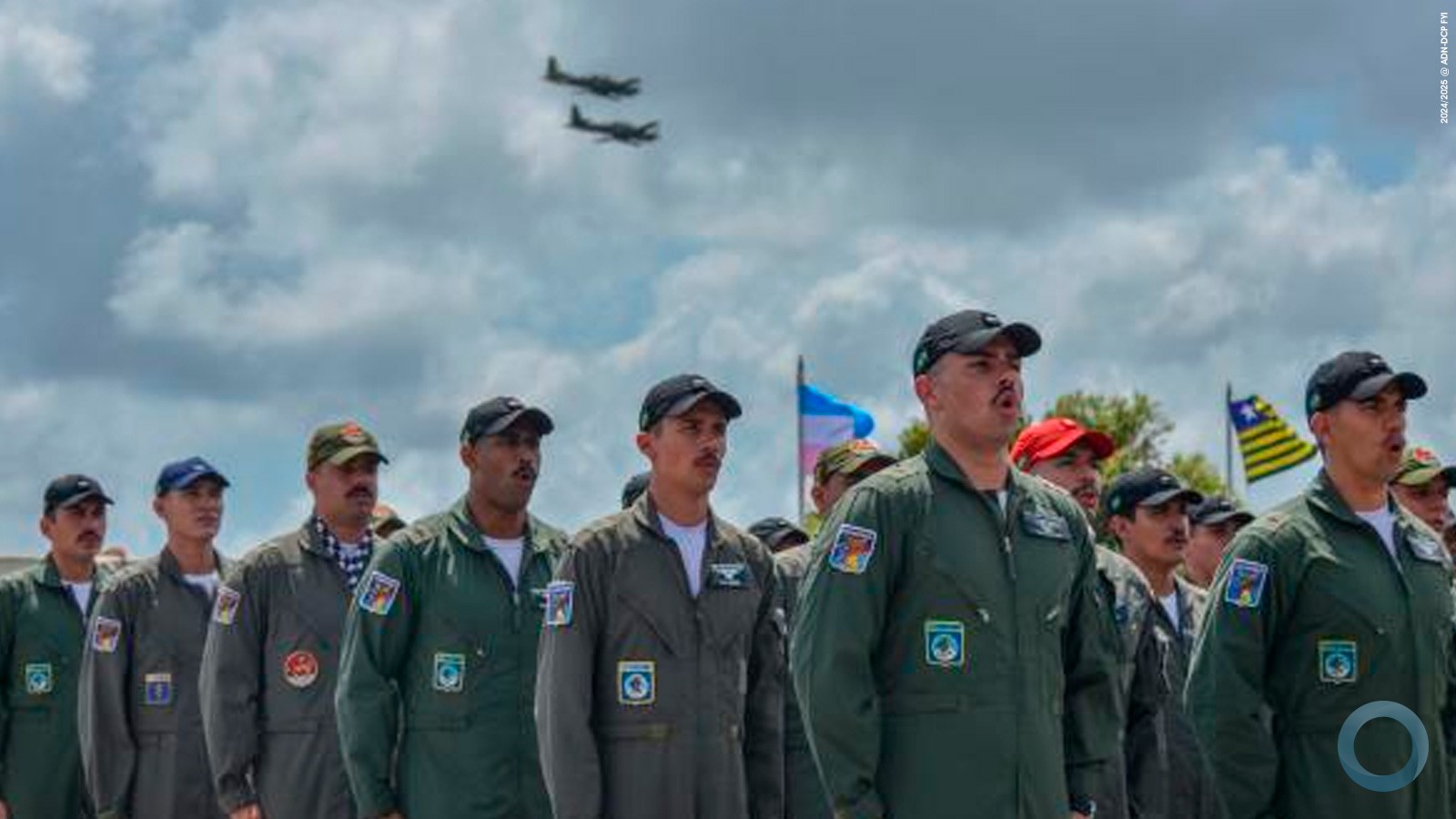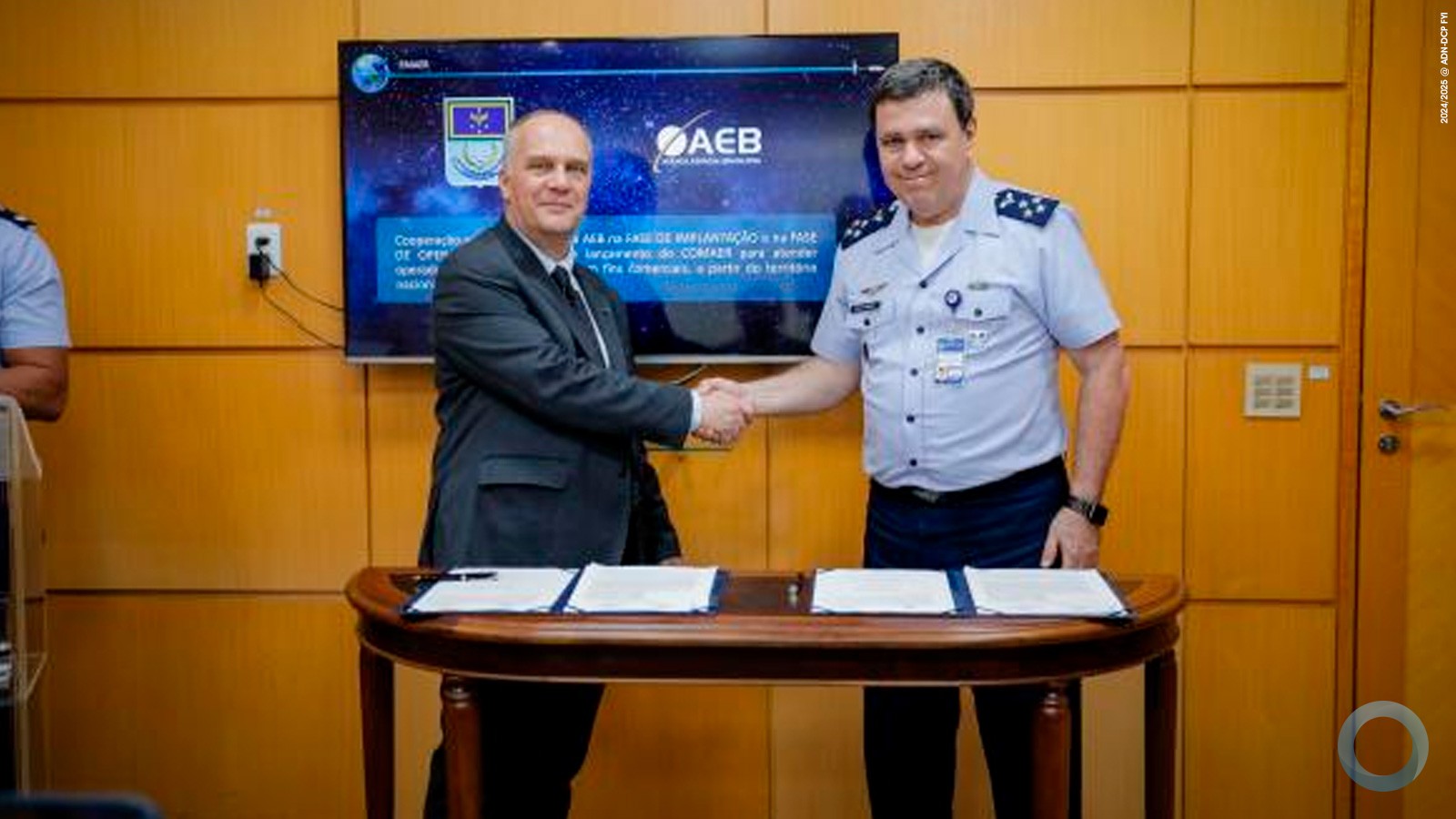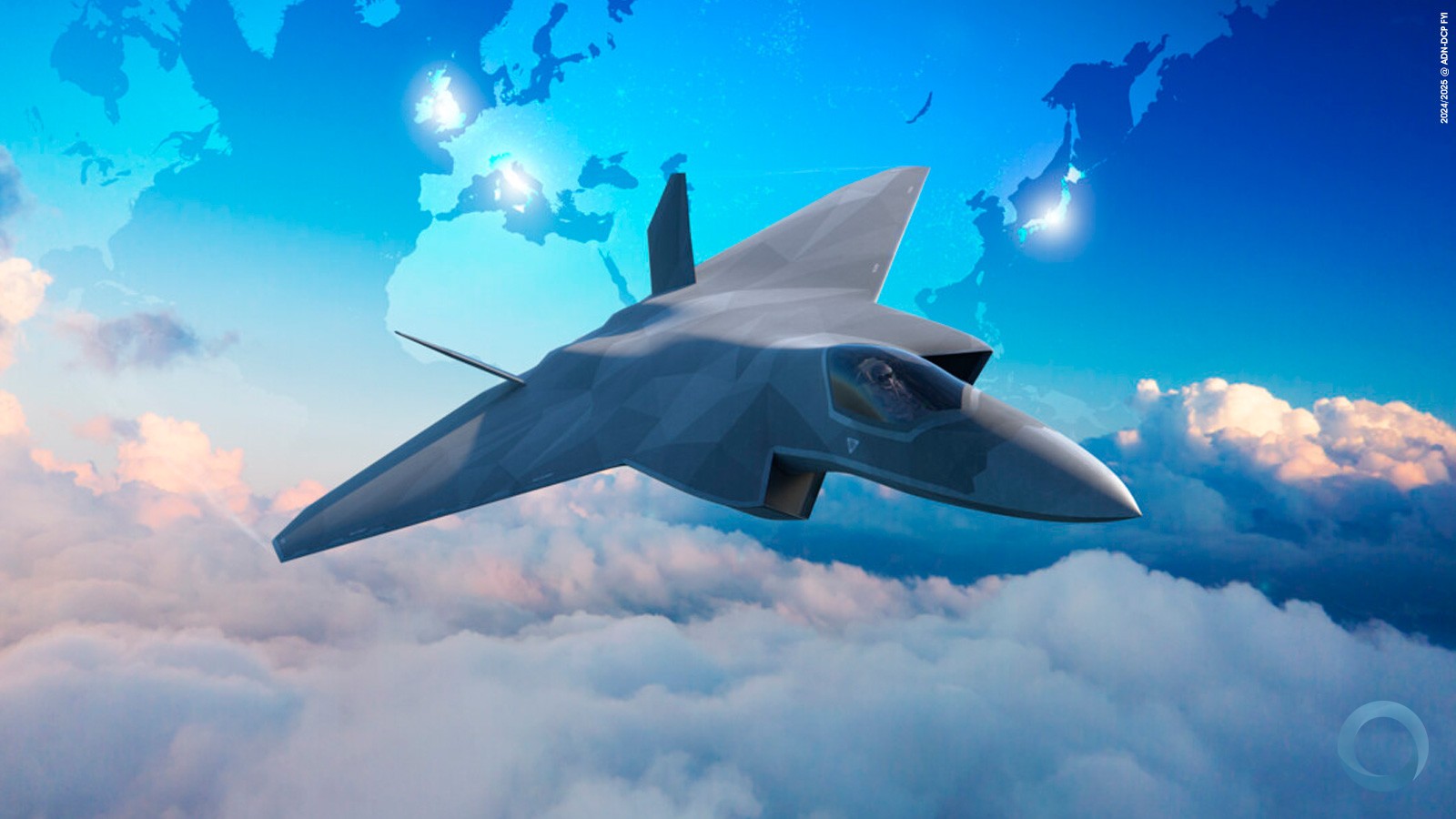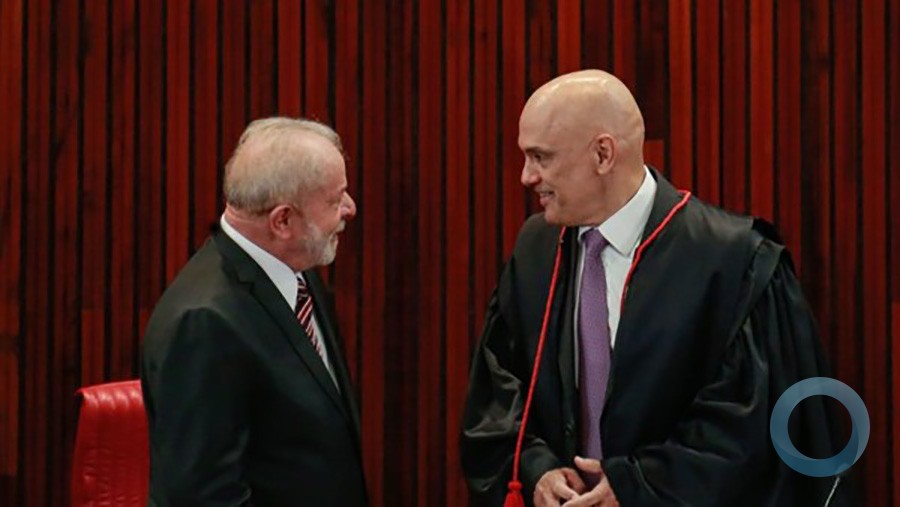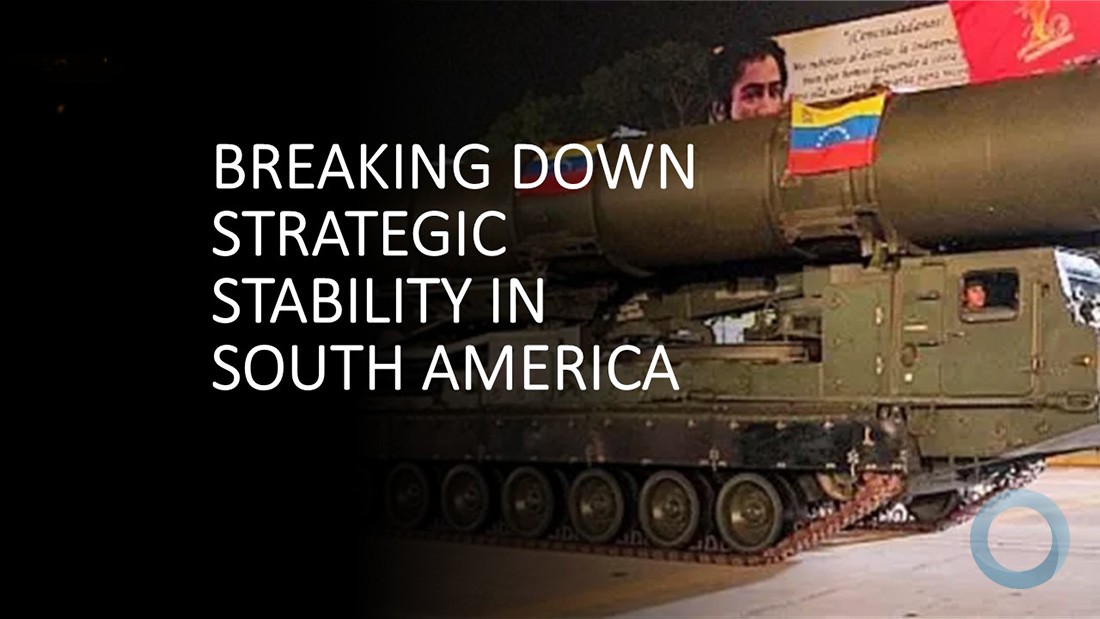The Ministry of Foreign Relations announced that Brazil will end its dispute with Canada over subsidies granted by the North American country to jet maker Bombardier for the manufacture of C-Series aircraft. The complaint was lodged in 2017 art the World Trade Organization (WTO).



In the view of the Brazilian government, the subsidies of over $3 billion “distorted the conditions for competition in the commercial aviation market and caused significant losses to Brazilian company Embraer,” which also manufactures medium-reach aircraft. “Brazil remains convinced of the solidity of arguments presented in the case. However, the complaint at the WTO proved fruitless in tackling the effects of the concession of subsidies in such a large scale for the commercial aviation sector. This sector is fundamentally different from the one existing when the complaint was filed,” the note issued by the Foreign Ministry reads.
Furthermore, the ministry argues that the withdrawal of Bombardier from the commercial aviation market minimized possibilities of finding a solution through a complaint against Canada. The Canadian manufacturer also sold the C-Series program to European company Airbus, which transferred part of its final production to the US.
“With the dispute brought to an end, Brazil, with a new lease of life, will focus on the launch of negotiations in more effective disciplines for the government support of the commercial aviation sector, encompassing the launch, the development, and the production of commercial aircraft and related technology,” the ministry declared. For the Brazilian government, these talks are “the best way to reestablish equality in commercial aviation market conditions—a sector that generates $500 billion yearly, and one million jobs worldwide.”
The note further highlights that Brazil endorses an international, broad, and horizontal discussion at the relevant instances—including G20 (the world’s biggest economies), the Organization for Economic Cooperation and Development, and the WTO itself—about all subsidies, both industrial and agricultural, “in order to reduce commercial distortions, ensure balanced conditions for competition, increase productive efficiency, and promote sustainable development.”








